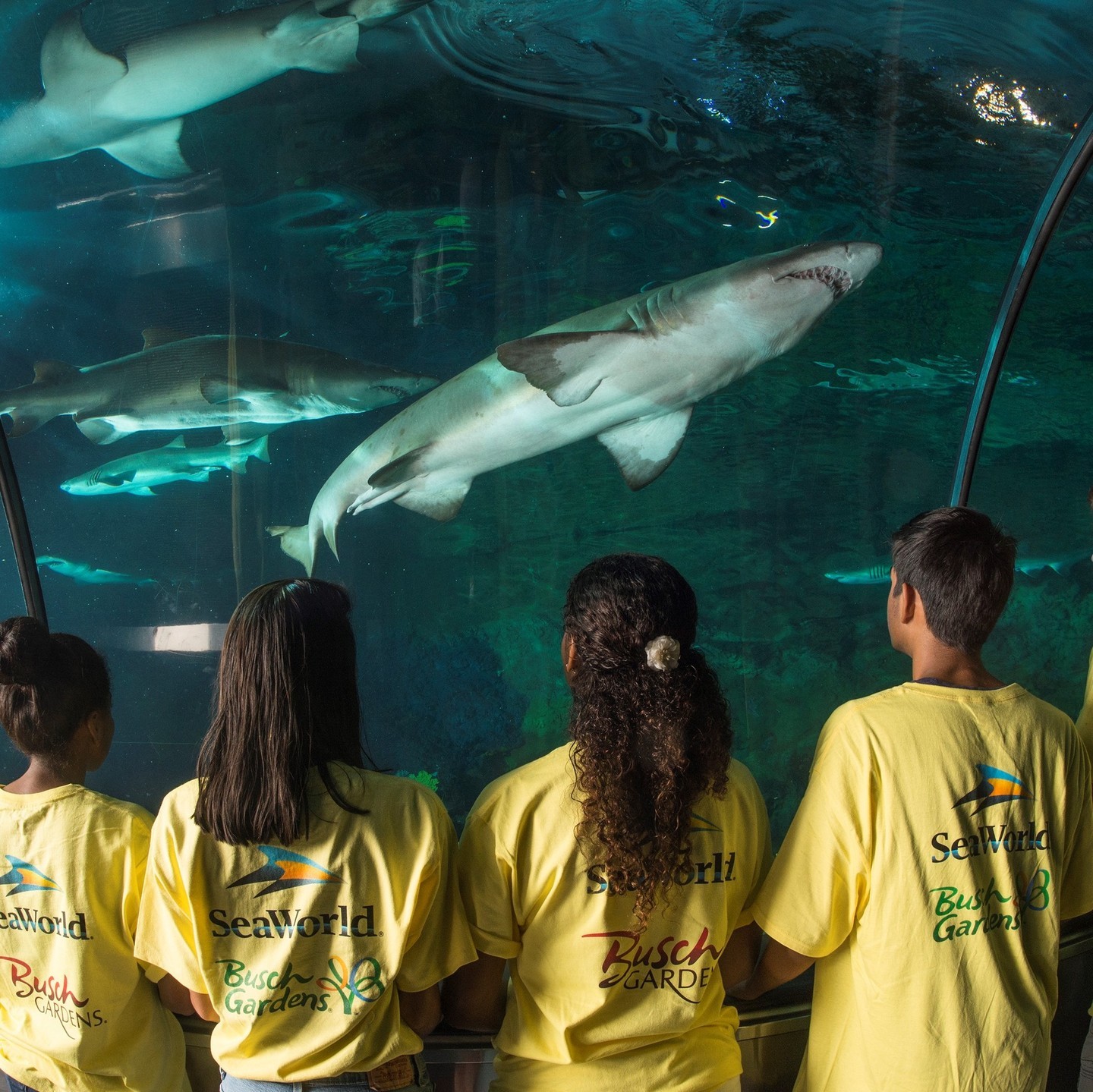– Exploring the intersection of animal care and zoology through hands-on experiences
– The significance of real-world veterinary practices in wildlife conservation
– How immersive educational programs contribute to animal welfare and public awareness
– Offsite excursions as a method of enhancing understanding of marine ecosystems
– The impact of direct interaction with marine life on fostering future conservationists
—
For those with a passion for marine biology and zoology, the opportunity to engage directly with the mysterious creatures of the sea is an unparalleled experience. The unique blend of excitement and education offered by resident and career camps can provide invaluable insights into the intricate world of animal care, veterinary science, and wildlife conservation. The chance to wake up and smell the sharks is more than a quirky attraction; it’s an invitation to participate in a vital educational ecosystem.
The heart of these programs lies in the hands-on look at animal care career positions. Aspiring zoologists from grades 5th through 12th are given a rare glimpse into the day-to-day responsibilities of professionals in the field. From understanding the dietary requirements of different species to learning about habitat maintenance, campers are offered a comprehensive introduction to the complex responsibilities of zoo management and animal husbandry.
Regarding veterinary practices and their significance in wildlife conservation, veterinary professionals form the backbone of clinical care in zoological settings. Campers experiencing these educational encounters will meet veterinarians and veterinary technicians, gaining insights into the medical challenges and breakthroughs in the field. The physical examinations, diagnostic procedures, and medical treatments performed are instrumental in maintaining the health of captive marine populations and informing conservation efforts for wild species.
Interactive educational programs go beyond traditional classroom learning. By actively participating in these experiences, campers cultivate a deeper understanding of animal welfare. Watching a dolphin’s behavior up close, learning about its physiology, and even the more playful aspects, such as understanding their communication and social structures, help build lasting emotional connections. These encounters can be a critical turning point, inspiring the next generation to commit to conservation efforts and pursue a career in zoology or environmental science.
Offsite excursions extend the learning environment beyond the confines of a traditional zoo or marine park. Activities might include exploring natural habitats, such as coastal regions or coral reefs, which gives future marine biologists an authentic context for the importance of ecosystem preservation. Witnessing firsthand the beauty and fragility of these environments underlines the need for sustainable practices and proactive conservation measures to protect marine life and the health of our oceans.
Furthermore, by meeting the rescue team, individuals receive a compelling overview of rescue operations, rehabilitation efforts, and the challenges of returning animals to the wild. These teams work tirelessly to address issues such as ocean pollution, illegal fishing practices, and the impact of human activities on marine ecosystems. Campers learn the importance of emergency response and critical care for sea creatures, skills that are increasingly in demand as environmental issues continue challenging the survival of many species.
Amidst the educational components, including park rides, shows, and attractions, it serves a dual purpose. These entertaining elements spark interest and maintain engagement, but they also carry educational messages reinforcing the camp’s overall theme of conservation and animal care. Shows can highlight the intelligence of marine creatures and the importance of ocean conservation and inspire visitors to take a more active role in environmental stewardship.
To wake up and smell the sharks is to take a step closer to understanding the delicate balance of marine life and the roles humans play in its ongoing narrative. Opportunities to immerse oneself in the field of zoology and contribute to wildlife conservation are not only rare but pivotal. Campers gain skills, perspective, and a sense of responsibility through these educational pathways that could shape the future care of our planet’s most enigmatic inhabitants.
Engagement through educational outreach programs is vital for raising public awareness of the challenges facing today’s marine life. The experiences gained in such settings are profound, fostering a sense of kinship and responsibility towards aquatic ecosystems that may determine the outlook of conservation efforts for decades to come.
*****
Source Description
Ever wanted to wake up and smell the… sharks? 🦈
Spots are still available for our resident and career camps! This immersive behind-the-scenes adventure is available for campers from 5th – 12th grade.
Experiences include, but are not limited to:
• A hands-on look at animal care career positions
• Offsite excursions
• Interacting with a bottlenose dolphin
• Meeting Veterinarians and Veterinarian Technicians
• Meeting the Rescue Team
• Enjoying park rides, shows and attractions
Learn more at the link in our bio.


